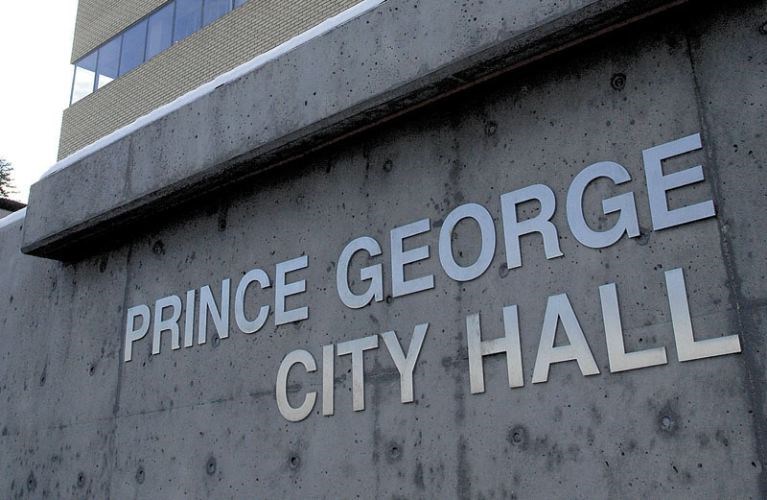It won't be a glamourous one, but a conversation is coming about how the City of Prince George pays for its new vehicles.
Currently, when parts of the fleet need replacing, the city enters into a five-year lease with the Municipal Finance Authority.
But that five-year term only pays for half the cost of the vehicle and at the end of the five years, the city pays out the remainder of the loan.
"This has been financially hard for us," finance director Kris Dalio told city council's finance and audit committee last week.
More of those balloon payments will be coming due in the next couple of years and the city should figure out a funding strategy address it, Dalio said.
Coun. Jillian Merrick suggested there be some extra consultation on the topic before the 2016 budget discussions get going in earnest.
The city could go back to spreading those leases out over a longer time frame as it did prior to 2011, but any borrowing done for more than a five-year period with the MFA requires elector assent, either through a referendum or the alternative approval process (where residents have a time frame to submit petitions if they don't approve of a potential action). And given the financial and human resources cost required for setting up a referendum, staff prefer the alternative approval method, Dalio said.
"The capital leasing option is still a great option. The interest rate that is provided to us is exceptionally low. It's a very good option to have," he said.
The potential issue there is what happens if residents decide to reject borrowing the money.
"If the public were to not want to give us the ability to enter into the capital lease agreements to purchase our fleet it would put a lot of our services at risk - snow removal being the first one I could think of that would be drastically affected - should the public say 'no, you're not allowed to do these,'" said Dalio.
The other option Dalio floated to the committee involved creating a reserve via a separate budget line and purchasing vehicles outright.
The average annual reinvestment for the city's fleet is $3 million, not including vehicles used for the solid waste, sewer and water operations (those are funded by user fees).
Based on the 2015 budget, that $3 million figure equals a 3.34 per cent tax increase, "which is problematic for a single-year goal," according to a report by Dalio to the committee.
If the city were to go that route, a more practical goal would be to commit to an annual increase of 0.85 per cent for four years, he said. But leasing would still need to occur while the reserve is being built up.
Regardless of which option the city uses going forward, it's going to come out of the annual tax levy somehow, Dalio said.
"If we're to keep doing what we're doing and have five year spike balloon payments - whenever they come due - we have to increase the levy to account for the spike," he said.
Breaking the cost out of the general operating levy, where it currently sits, allows for some measure of transparency, Dalio said.
"Anytime we have a very large dollar figure ongoing year-to-year expense - so snow is a good example, road rehab - we have created a levy for these sorts of expense to maintain our infrastructure. Fleet is another form of infrastructure," he said.
The subject of how the city pays for its fleet has been the subject of scrutiny and two consultant reports in the last few years.
In 2009, MMK Consulting recommended changes to save money, which prompted the city to switch to capital leases from operating leases.
It also recommended getting out of the leasing business and purchasing vehicles outright.
Last year, Mercury Associates also suggested the city was losing money in its fleet replacement practices.
The consultants' review found the city's fleet was older than it should be and that the five-year loan practice was slowing down the replacement process.
"Replacements have been significantly curtailed over the last several years, most likely due to concerns that the [reserve] balance would not be sufficient to fund additional loan payoffs if new approvals were acquired using the current approach," said the Mercury report.
City manager Kathleen Soltis said the recommendations in the Mercury report are currently being revisited by the public works department, though Mayor Lyn Hall was quick to point out that those recommendations were endorsed by the previous council.



